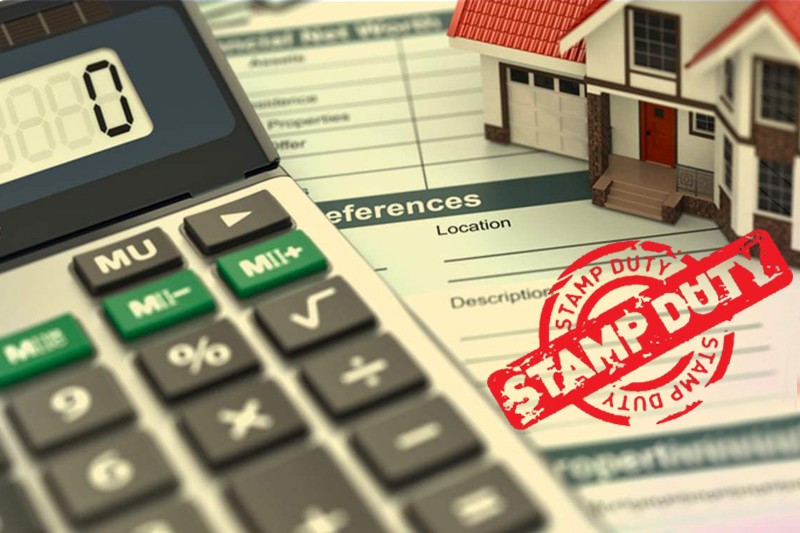Property registration is the most important and the final stage of a home buying process or a property transfer. Once the property is registered in your name, it’s official: you own the house! However, learning about property registration should not be put off until the last minute. As a potential homeowner, being informed about the procedure will help you keep the necessary documents and budget ready; you won’t be scrambling around for information or documents when it’s time. Read on to understand property registration in detail.
What is property registration?
Registration of a property involves signing an agreement, between both buyer and seller of the property. A property transaction completes with registering the property under the new owner’s name at the sub-registrar’s office. Upon registering, the buyer is the legal owner and has full responsibility over the property. The buyer receives a sale deed after the property registration is done. It acts as evidence of sale and transfer of ownership from the seller to the buyer.
Is property registration essential?
According to the provisions of the Registration Act (1908) and the Transfer of Property Act (1982), the buyer is the legal owner only after registering the property with the concerned authority. Property registration validates the sale and signifies the execution of a transaction, making it a mandatory process.
Without obtaining the legal documents that announce the ownership of the property, the title of ownership does not get transferred to the new owner; the previous owner still has the legal rights over the property. Tax benefits also cannot be claimed if the property is not registered.
Can a house be bought using Power of Attorney?
When a homebuyer gives Power of Attorney (PoA) to someone, it means the buyer (grantor or principal) has given the other person (agent) the authority to carry out legal and financial transactions on his or her behalf. It is a common practice among sick people or non-resident Indians (NRIs) who cannot be physically present for a property registration to purchase houses by granting someone PoA. Out of the two types of PoA:
- General PoA - This legal document authorises an agent to perform or act on behalf of the grantor. The agent has the authority to make a legal, financial, and medical decision except decisions related to real estate.
- Specific PoA - This applies to property transactions. Unlike general PoA, specific PoA—as the name suggests—is given to act on specific circumstances, such as buying a house. The time frame and the limitations of authority are specified in the document.
Does registration law differ from state to state in India? What is the procedure for registration in Chennai?
Yes, the law differs among the Indian States. For example, Tamil Nadu Registration Act governs the registration and transfer of property in Tamil Nadu. In Chennai, the following steps are followed:
Property Title verification - Before registering a property, the property documents should be thoroughly inspected with the help of an expert lawyer. The title must be clear because a property with an unclear title may not be financed by banks or housing finance companies.
Purchasing Stamp Paper - Once the documents are verified, the buyer should buy the stamp paper. They can be bought from stamp paper vendors, the sub-registrar’s office, or through e-stamping.
Preparing Sale Deed - The sale deed is prepared by advocates or authorised document writers. This is drafted on a stamp paper that corresponds to the value of the stamp duty.
Paying Stamp duty - Stamp duty charges are paid at the registrar or sub-registrar’s office under whose jurisdiction the property is located.
Submitting Documents - The necessary documents such as a duly signed and stamped sale deed, ID proofs, Patta certificates (land revenue records) are submitted to the registrar. The original documents will be verified and returned to the parties involved. Registration must be completed within four months from the date of execution of the sale deed.
Alternatively, you can also register your property online in Chennai. The introduction of online property registration has made registration easier and transparent. This step-by-step guide on how to register your property online will help you understand how to go about it.
Property Registration Charges in Major Cities
The following are the property registration rates across major Indian cities.













